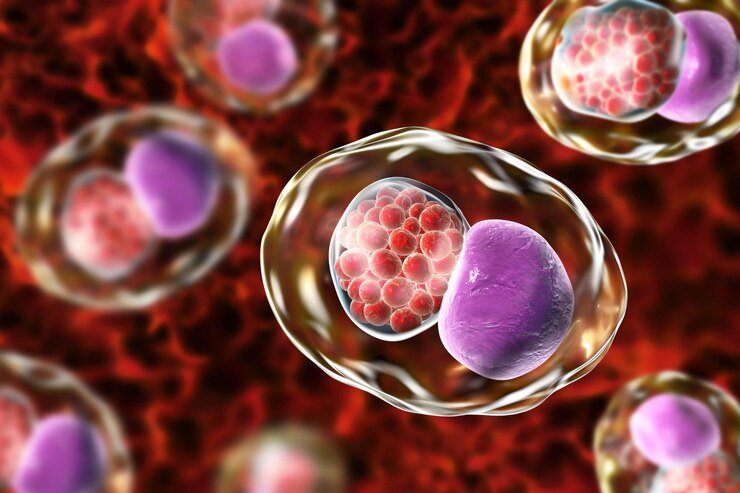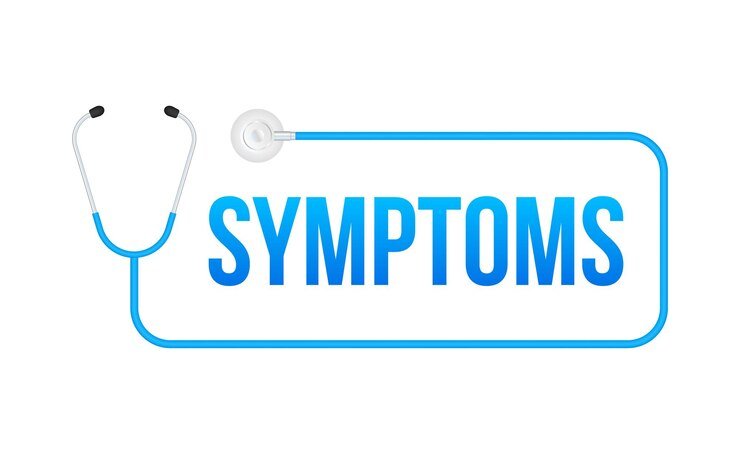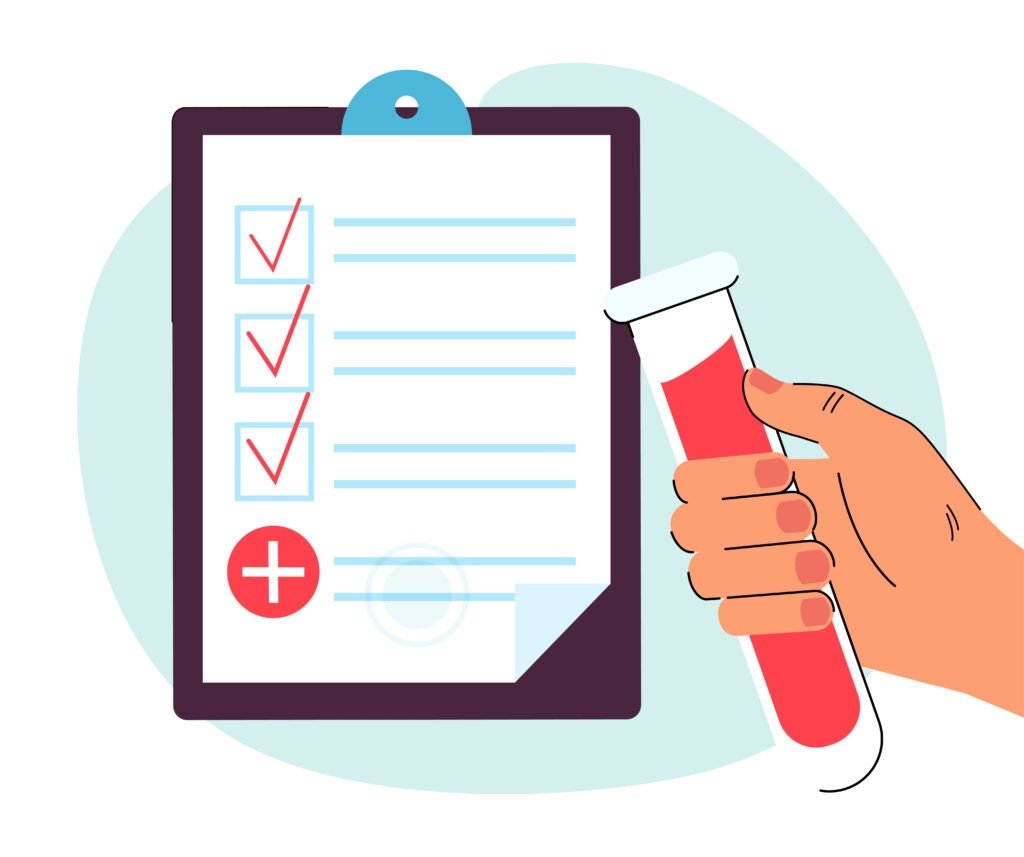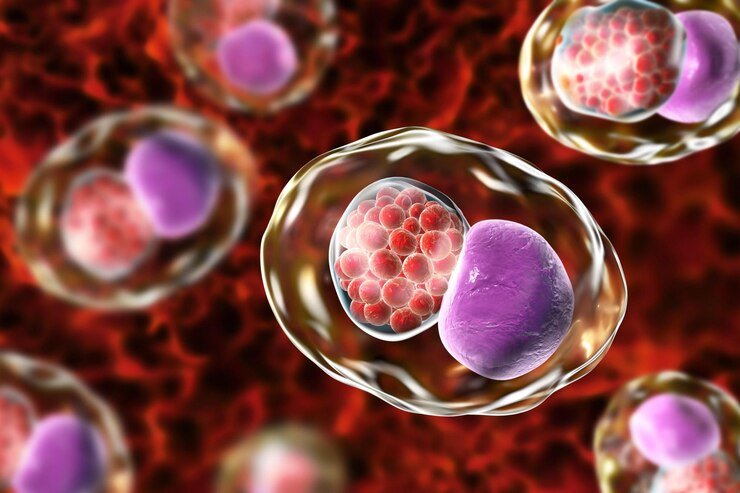Chlamydia is one of the most common sexually transmitted infections in the world . Chlamydia trachomatis the bacteria that causes chlamydia spreads through unprotected vaginal, oral or anal sex. If left untreated chlamydia can cause serious problems for both men and women . Amongst men the infection can spread to the testicles causing pain and swelling and for women the infection can progress to pelvic inflammatory disease (pid) for short pid can lead to persisting abdominal pain and long-term fertility issues meaning you may experience difficulty getting pregnant in the future.

What causes chlamydia?

chlamydia is one of the most common sexually transmitted infections we’re going to call it STI or STD for short
- it’s passed on through unprotected sex but you can also pass it on to infected semen and infected vaginal fluids
- so please do bear that in mind now you can also get infected with chlamydia through genital contact even if there is no penetration so bear in mind why it’s so important that we say that barrier methods are used such as condoms to prevent the spread of STIs
- now it may also surprise you that infected sex toys that haven’t been washed or cleaned can also spread chlamydia . Please remember that the infected fluids as I said from the infected semen or the infected vaginal fluids
Major Symptoms of chlamydia?

so now we know what chlamydia is and how you get it well what are the symptoms? Well, most people who’ve got chlamydia don’t notice any symptoms. That’s why here in the UK it’s recommended that if you’re a man or a woman under the age of 25 who’s sexually active you have a chlamydia test once a year as well as when you have sex with new or casual Partners.
if you do get symptoms then these usually appear between one and three weeks after having unprotected sex with an infected person. Still, for some people, they don’t develop until many months later sometimes. The symptoms can disappear after a few days but even if the symptoms disappear you may still have the infection and be able to pass it on because symptoms vary between men and women. We’ll discuss these now in more detail so
- At least 70 percent of women with chlamydia don’t notice any symptoms and if they do get symptoms the most common ones are things such as pain.
- When going for a week for which the medical term is dysuria unusual vaginal discharge might be white yellow or gray discharge from the vagina that may or may not be smelly.
- Pain in the tummy or pelvis pain during sex which is medically known as dysphoria bleeding after sex is known as post-coital bleeding as well as bleeding between periods this is known as intermenstrual bleeding. If chlamydia is left untreated it can spread to the womb and cause a serious infection called pelvic inflammatory disease. Now this is a major cause of ectopic pregnancy as well as infertility.
- In men the symptoms can be slightly different at least half of men with chlamydia don’t notice any symptoms and if they do get symptoms the most common ones include pain when going for a Pee white cloudy or watery discharge from the tip of the penis a burning or itching sensation in the urethra and that’s the tube that carries urine out of the penis as well as pain in the testicles.
- If chlamydia is left untreated the infection can cause swelling in the epididymis which are the tubes that carry sperm from the testicles and again the testicles which can affect fertility.
- chlamydia can also affect areas other than the genitals. This includes the rectum so your bottom as well as the throat and the eyes.
- in terms of the rectum it can affect the back passage if you have unprotected anal sex and this can cause discomfort as well as discharge from your bottom.
- it can affect the throat if you have unprotected oral sex now this is relatively uncommon and usually causes no symptoms.
- It can even affect the eyes so that’s if they come into contact with infected semen or vaginal fluid this can cause eye redness pain and discharge known as conjunctivitis.
What is a Healthy Cholesterol Level for You?
How often should you be getting a chlamydia test?
Well, it’s recommended that you get one at least every year especially if you’re under the age of 25 however there’s no harm in getting one if you’re older than 25 also each time you change your sexual partner again that’s a really good reason to get your chlamydia test done and sti tests done and also if you’re having a lot of sex without a condom on again it’s another reason to get yourself tested so don’t just go off the once a year that I’ve just mentioned but think about it how often you’re having sex with new partners or also how often you’re having unprotected sex as these put you at much higher risk.
chlamydia diagnosis method

chlamydia test for women
Chlamydial infections are one of the most common sexually transmitted diseases and need to be followed up and treated appropriately. So the way you can test is by testing the body fluid or urine. So the most common way is by taking the vaginal swab. The vaginal swab is taken and tested in two ways. One is the nucleic acid amplification test where you look for the DNA of the chlamydia and the second is a culture of chlamydia where you can grow the chlamydia trachomatis and see if they are growing. These are the two ways of testing a vaginal swab or fluid from the fluid from the vaginal fluid. Needs to be followed up and treated. Partner also has to be treated in such cases.
chlamydia test for men
The most common way to test chlamydia in men is urine sample test . The test is known as a nucleic acid amplification test (NAAT). Many times from some patients, a swab may be collect as a sample from the urethra (the tube through which urine passes) to detect the presence of chlamydia STI.
Chlamydia treatment for Men and Women

Well if you are someone who tests positive for chlamydia the treatment is very easy and it’s a short course of antibiotics. However please do remember to always let your healthcare professional know about any allergies that you have. This is important that certain antibiotics people are allergic to and secondly let them know about any medication that you are taking as well because antibiotics can interact with a lot of medicines as well.
With all medication, it’s always really important to let your healthcare professional know if you are pregnant again some antibiotics save pregnancy and some do not so if you think you might be pregnant again please let your healthcare professional knows your safety is the most important thing.
Now if you do have a positive test the sexual health clinic will speak to you about other people that you’ve had sexual intercourse with as well and let them know that you’ve tested positive. They need to get tests done and potentially get treated for it. However, if you’re uncomfortable about contacting these people as well the sexual health clinics can help with this and contact those individuals confidentially without letting them know.
Irritable Bowel Syndrome:Symptoms Causes Diagnosis Treatment
who it’s come from so if you’re worried about that at all speak to them about it because they can help a lot with this now. if there is a strong possibility that you could have chlamydia so for example if a sexual partner has tested positive for chlamydia and as well you might have symptoms then your healthcare professional might decide to treat you with antibiotics before a test is done again.
The final really important thing about treatment it’s really important when you have your antibiotics to treat the chlamydia if you test positive you do not have sexual intercourse for at least seven days until the treatment is done.
Now the treatment isn’t going to be a seven-day course but the reason you need to not have sex for seven days after taking your antibiotic is to give it time to get rid of the chlamydia so you’re less likely to spread the chlamydia once you have sex again.
Complications of Untreated Chlamydia
There are complications of chlamydia and that’s one of the reasons why it’s so important that it’s treated early okay let’s talk about the complications
- In terms of complications if chlamydia is left untreated both men and women can have fertility issues this is again one of the reasons why it’s so important we test for chlamydia and treat it okay because it’s gonna potentially cause fertility issues
- Secondly, chlamydia can cause something called reactive arthritis where we get inflammation and pain in our joints.
- Third of all if you’re pregnant and you have chlamydia it can put you at higher complication risks during pregnancy one of which is premature birth so giving birth early before the due date, and lastly, if you do have chlamydia.
- you’re pregnant when you give birth to your child there’s a very high risk that it could have chlamydia and this could also put them at a higher risk of eye infections and chest infections they will be tested for chlamydia of course as well so in terms of when to seek medical advice remember if you have any symptoms of chlamydia you need to seek medical advice.
Chlamydia Prevention Strategies
Chlamydia can be cured while others can only be treated many are no big deal if they’re caught early but some can have serious effects on the body. So overall it’s important to learn how to avoid prevent Chlamydia. Remember you can only get an STI from someone who has already had one.
You usually can’t tell if a person has an STI or Chlamydia just by looking at them and anyone can get one even if they’ve only had oral, anal sex, vaginal, or just one time just once harshly. so the only way to avoid getting an STI like Chlamydia a hundred percent for sure is by not engaging in any kind of sexual behavior with another person which is sometimes called abstinence.
Getting tested before having sex with anyone and limiting your number of sexual partners can help too to prevent Chlamydia.
Some people choose to engage in behaviors that don’t include oral anal or vaginal sex this includes things like hugging, kissing, massage, or mutual masturbation. Any activity that doesn’t involve skin-to-skin contact of the mouth, genitals anus and won’t share sexual fluids like vaginal fluids semen, and pre-cum.
If you do decide to have sex, there are specific things you can do to practice safer sex and reduce the chances of you or your partner getting or spreading any kind of Chlamydia. Some examples of safer sex include restricting the number of sexual partners.
Talking with your partner about your sexual history, staying away from drugs and alcohol, and educating yourself about STIs like we’re doing.
Now you can also use a latex barrier to help prevent fluids from one person coming into contact with another person most people know about external condoms but you can also use various types of internal condoms which are inserted into the vagina or dental dams which are used for safety from STI during certain types of oral sex. if you use these barriers correctly and consistently they can go a long way to protect you and your partner from Chlamydia.
Mental Health: Disorder, Symptoms, Diagnosis
safer sex doesn’t mean there’s no chance of getting Chlamydia but if you’re going to engage in sexual behaviors with another person it’s important that you both use these methods to reduce your risk along with getting tested regularly for STIs and no matter what you decide remember to communicate clearly with your partner terms like abstinence intercourse and sex mean different things to different people.
so you need to make sure you’re on the same page in conclusion think about what works for you when it comes to sex and STIs remember that not having sex is safest if you do have sex at some point make sure to practice safer sex to reduce the risk of Chlamydia and communicate with your partner. so you can protect each other.
how to cure chlamydia without going to the doctor ?
It is very necessary to note that self-treatment for chlamydia without consulting with health profession is not recommended. Chlamydia is a bacterial infection, and adequate treatment typically affects prescription antibiotics. If left untreated, chlamydia can lead to serious complications, such as pelvic inflammatory disease, infertility, and other reproductive health issues.
Here are some important points to consider:
- Consult a Healthcare Professional: They can provide an accurate diagnosis through testing and prescribe appropriate antibiotics.
- Prescription Antibiotics: Chlamydia is commonly treated with antibiotics such as azithromycin or doxycycline.
- Complete the Full Course: It’s very important to complete the full course of antibiotics as per doctor’s recommendation. even if symptoms show improvement before finishing the medication, failure to complete the course recommended by the doctor may result in the infection not being fully eliminated, leading to potential complications and antibiotic resistance.
- Avoid Self-Medication: Using leftover antibiotics or medications without a prescription is dangerous and may not effectively treat the infection. Additionally, inappropriate use of antibiotics contributes to the development of antibiotic-resistant strains of bacteria.
- Partner Treatment: If you are diagnosed with chlamydia, it’s important to inform your sexual partners so they can also get tested and, if necessary, receive treatment. This helps prevent reinfection and the spread of the infection.
- Follow-Up Testing: After completing the entire antibiotic treatment course as per the doctor, follow-up testing may be advised to ensure that the infection has been fully treated. This is majorly important for confirming the effectiveness of the treatment.
- Preventive Measures: To prevent chlamydia and other STIs, practicing safe sex by using condoms consistently and correctly is crucial as briefly discussed above. Regular Sexual transmission infection screenings, for individuals with multiple sexual partners without knowing their history, contribute to early detection and timely treatment.
If you develop any chlamydia symptoms, it’s strongly advised to consult with medical experties . Healthcare professionals can provide appropriate testing, diagnosis, and treatment to counter this SIT .


